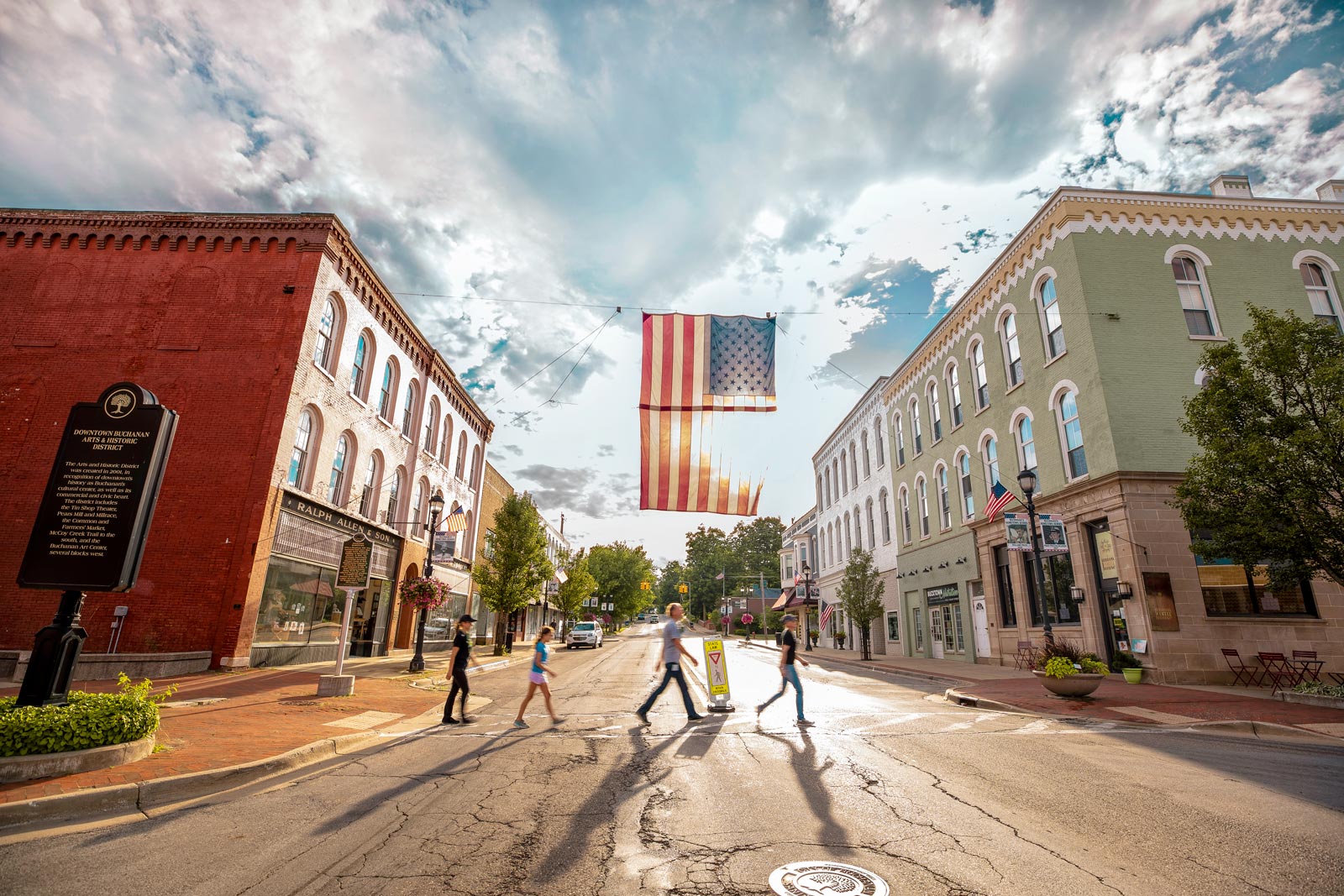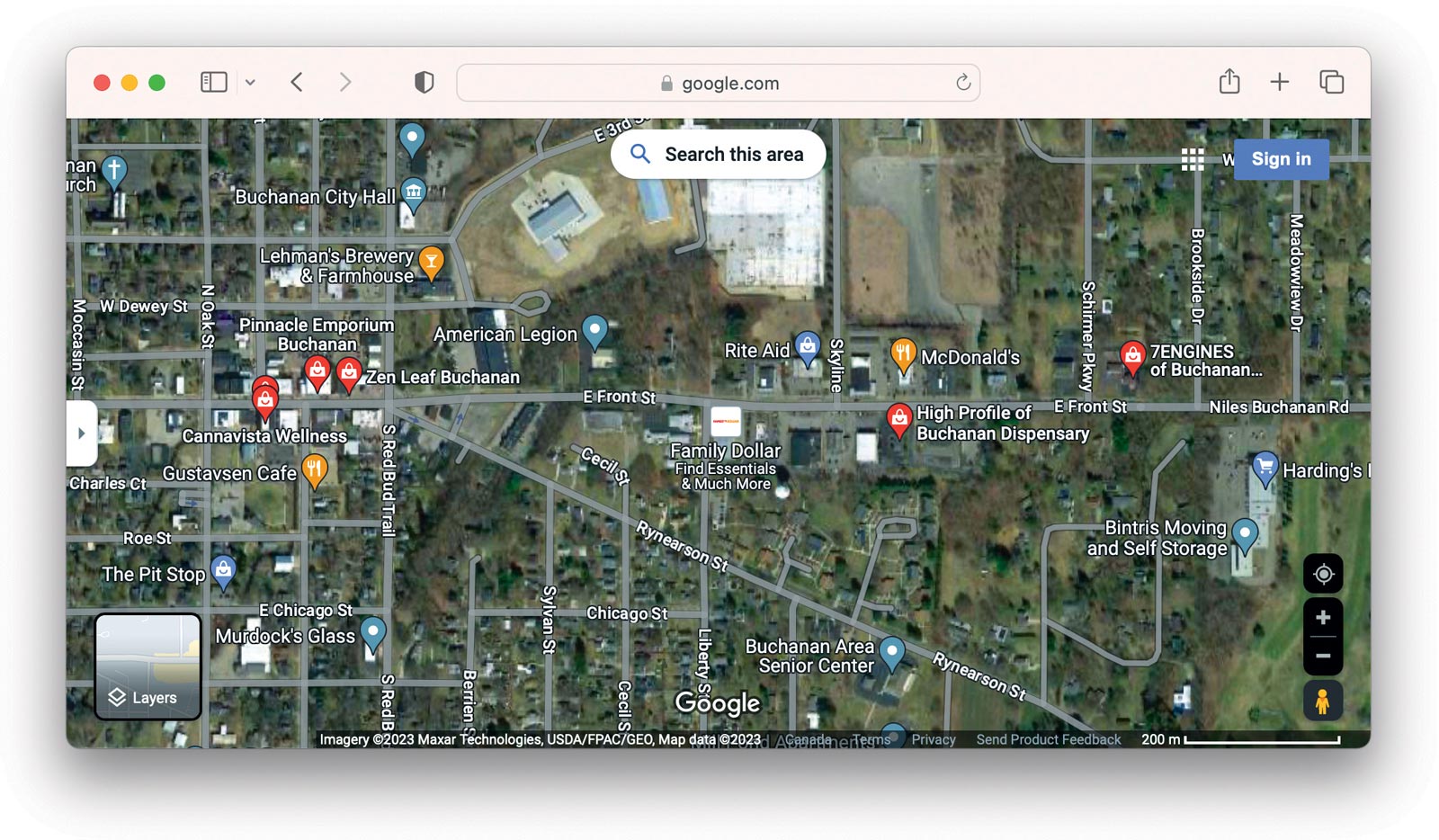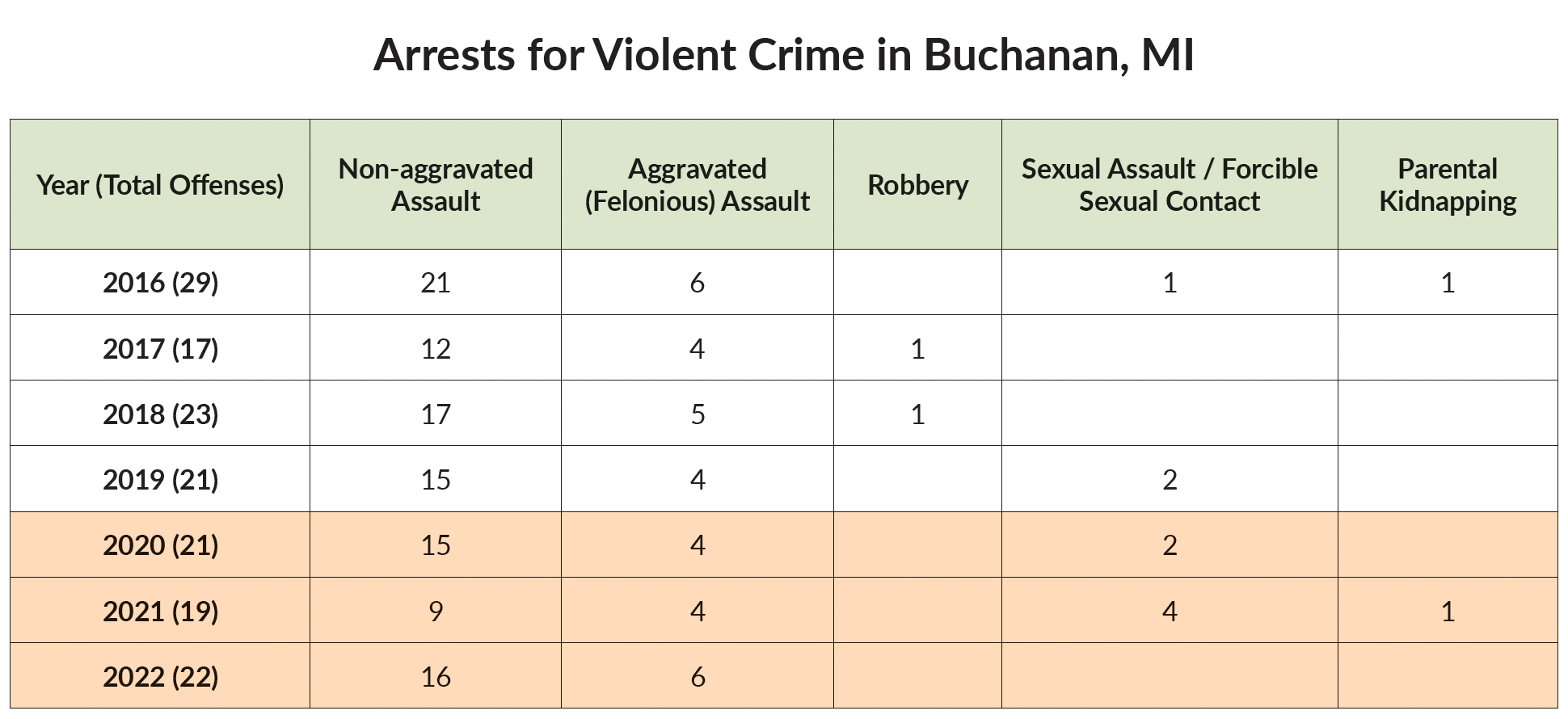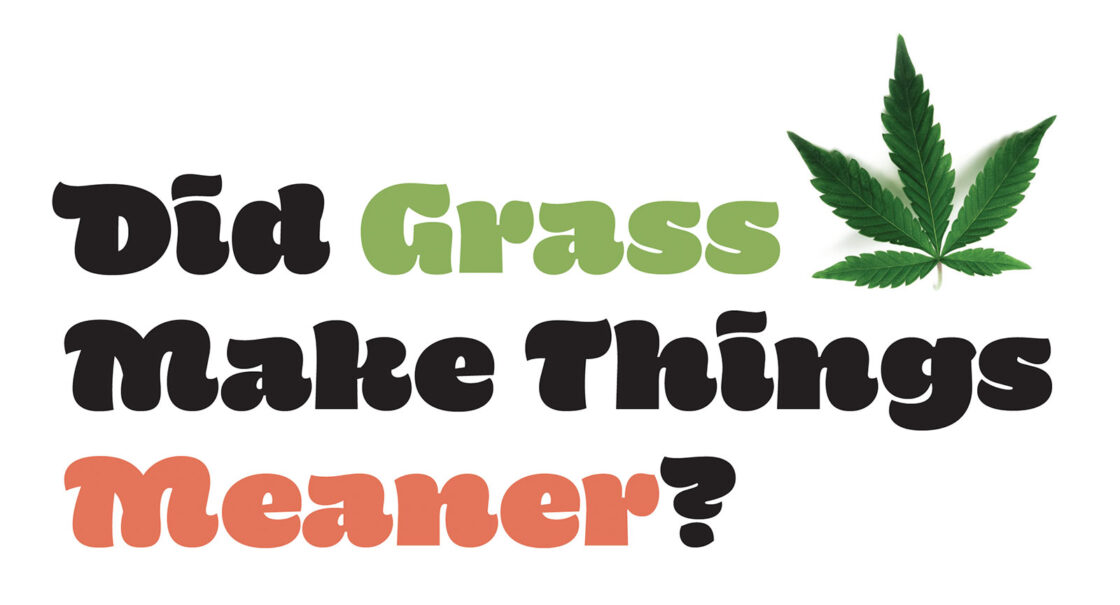Throughout most of the last century, both political Right1 and Left2 were unified, a rare occurrence in itself, in their opposition to the decriminalization of marijuana. By 2023, public opinion had shifted. Most Americans now support legalization for medical and recreational use,3 and this support extends across the political divide. Nearly two-thirds of the electorate supports legalization, making it one of the least divisive issues in the country.4 At this writing, 23 states have legalized recreational marijuana, along with Washington, DC, and Guam.5
The third that opposes legalization remains, though, and there are reasoned arguments against legalization. Significant research establishing the adverse effects of marijuana consumption exists, noting its correlation with neurophysical decline,6 cognitive impairment,7 highway deaths,8 lower educational attainment,9 addiction,10 and other adverse health effects.11 Within the last decade, correlations have been found between both distal and proximal drug use (including the use of marijuana) and sexual aggression.12

Buchanan, Michigan (Callie Lipkin / Gallery Stock), “The Nicest Place in America (2020)”
There are also reasonable arguments against legalization based on the burdens it is claimed it would produce on society: the tax revenue received from the longstanding legal sale of alcohol and tobacco pales in comparison to the costs of healthcare for the individuals who consume them.13 So some argue marijuana legalization would only further increase the costs to the taxpayer.
In 2019, Alex Berenson of the New York Times published Tell Your Children: The Truth About Marijuana, Mental Illness, and Violence. In it, Berenson warned that paranoia, one of the established side effects of marijuana consumption, is likely to trigger violence in those suffering from psychosis.14 The book was predictably lauded by those pundits who saw it as a revelatory argument against legalization.15 Berenson cited stories such as that of Raina Thaiday, who stabbed eight children to death, seven of which were her own (the eighth was her niece). Berenson noted the ruling of schizophrenia for Thaiday, in which the Justice who presided over her case wrote, “All the psychiatrists thought that it is likely that (Thaiday’s) long-term use of cannabis caused (Thaiday’s) mental illness schizophrenia to emerge.”16 Tell Your Children is chock full of historical tragedies such as Thaiday’s from the 1970s to the present day. The book describes scalping, mutilation, mass shootings, and spousal murder by psychotic perpetrators triggered by smoking marijuana. The author warned that today’s marijuana is considerably more potent (that is, higher concentration of THC) than that used 40+ years ago, and so predicted that such atrocities will only get worse. Yet Berenson’s argument is not new. Cannabis-induced violence has been argued by the U.S. Department of Justice for decades.17
New research challenged the Department’s claims, examining the rates of violent crime in states that had legalized medical and recreational marijuana. The data suggested that legalization not only failed to increase violent crime rates, but it also possibly led to a decline in crimes such as homicide, robbery, and aggravated assault.18 Likewise, Tell Your Children was challenged by many in the scientific community. They argued the author was guilty of confusing correlation with causation and selectively selecting his data, and even likened his anecdotal data to the long-discredited “reefer madness” panic of the past.19
Having grown up during the 1980s at the height of the War on Drugs, I read Tell Your Children with interest, and asked myself if Berenson’s fears were valid. Was he right? Turns out, I live in a small Michigan community that offers an ideal cluster sample in which to test his claims. It’s called Buchanan.
In the fall of 2020, I heard a radio ad calling for nominations to be considered for Reader’s Digest’s Nicest Place in America. I wrote about Buchanan. My essay won.20 Reporters from around the world covered the story.21 Coincidentally, that same year, Buchanan fully implemented marijuana legalization.22 Michigan had passed a medical marijuana law in 2008, and we’d spent the previous 10 years respectfully debating whether or not to follow suit in our small town. In the fall of 2019, the city adopted a plan for six dispensaries.

Location of marijuana dispensaries in Buchanan, MI
The Nicest Place in America has since become the go-to destination for Michigan stoners. At this writing, there is one legal dispensary for every 860 residents, one of the highest per capita ratios in the state.23 We even have a local marijuana ambassador, Freddie “The Stoner” Miller, who’s been seen on the Jimmy Kimmel Live! TV show.24
Buchanan seemed like the perfect case study of the effects of marijuana legalization. Did The Nicest Place in America see an increase in violent crime rates in the years following its adoption of recreational marijuana? I began by looking up our demographics. I found that, in many ways, Buchanan is a microcosm of America. We have a population of 4,270 and enjoy a diverse citizenry that is 83.2 percent White, 11 percent Biracial, 4.38 percent African American, Hispanic (.445 percent), and Asian (.445 percent). We have a poverty rate of 7.85 percent and a median household income of $43,668.
Much of Buchanan’s demographic data is comparable to that of the United States as a whole, though the U.S. has a considerably larger Hispanic population (18.2 percent), a larger median household income ($64,994), and a higher poverty rate (12.8 percent). Buchanan’s industrial statistics are likewise similar to those of the nation, with the workforce distributed across manufacturing, education, retail trade, and professional and technical services.25 Perhaps most significantly, Buchanan’s unemployment insurance claims skyrocketed to record levels in April 2020, as did those throughout the country.

This article appeared in Skeptic magazine 28.4
Buy print edition
Buy digital edition
Subscribe to print edition
Subscribe to digital edition
Download our app
I then called Sean Denison, Buchanan’s mayor. He told me he’d seen no evidence of violent crime increase since 2020. When I called Tim Ganus, our Police Chief, he told me that he also doubted crime spiked. Still, though, to really know, you need data. I submitted a Freedom of Information Act Request to the Buchanan Police Department to obtain arrest records for violent crimes from 2016 to 2022. Chief Ganus called me again to establish what I meant by “violent crime.” I told him he knew more about this than I did, so I’d leave it up to him. He suggested arrests for assault and for those that would constitute a felony. I concurred. One week later, I had the information in hand. Each report encompassed one calendar year.

Here’s what I found:
There was a total of 855 adult arrests between January 1, 2016, and December 31, 2022. Of these, there were a total of 105 (12.2 percent) arrests deemed “violent.” These offenses included nonaggravated assault, aggravated felonious assault, sexual assault, parental kidnapping, and robbery.
- In 2016, there were 29 arrests, one for parental kidnapping, one for sexual assault, 21 nonaggravated (misdemeanor level) assaults, and six aggravated (felonious) assaults.
- In 2017, there were 17 arrests, one for robbery, 12 for non-aggravated (misdemeanor level) assaults, and four for aggravated felonious assault.
- In 2018, there were 23 arrests, one for robbery, 17 for non-aggravated assault, and five for aggravated felonious assault.
- In 2019, there were 21 arrests, two for sexual assault, 17 for non-aggravated assault, and two for aggravated felonious assault.
- In 2020, the first full year of implementation, there were 21 arrests, two for sexual assault, 15 for non-aggravated assault, and four for aggravated felonious assault.
- In 2021, the second year of implementation, there were 19 arrests, one for parental kidnapping, three for sexual assault, one for forcible sexual contact, nine for non-aggravated assault, and four for aggravated felonious assault.
- In 2022, the third year of the implementation, there were 22 arrests, 16 for non-aggravated assault and six for aggravated felonious assault.
Did violent crime increase in Buchanan after 2020? Hardly. Any fears of increased violent crime following marijuana legalization in The Nicest Place in America proved unwarranted. We’re still safe, and so, I’m glad to report, is our title. ![]()
About the Author
John D. Van Dyke is an academic and science educator. His personal website is www.vandykerevue.org.
References
- https://rb.gy/17hag
- https://rb.gy/fzigf
- https://rb.gy/rkncw
- https://rb.gy/qx0x8
- https://rb.gy/m049q
- https://rb.gy/4a3e9
- https://rb.gy/36zd3
- https://rb.gy/eft8n
- https://rb.gy/m2mcd
- Shover, C.L., David, C.S., Gordon, S.C., & Humphreys, K. (n.d.). Association between medical cannabis laws and opioid overdose mortality has reversed over time. PNAS, 116(26).
- https://rb.gy/m2mcd
- https://rb.gy/wofyp
- https://rb.gy/ifprp
- https://rb.gy/hi3zc
- https://rb.gy/iibix
- Berenson, A. (2019). Tell Your Children: The Truth About Marijuana, Mental Illness, and Violence. Free Press.
- Inciardi Inciardi, J. A., & Saum, C. A. (1998). Legalizing Drugs Would Increase Violent Crime (From Illegal Drugs, p. 142–150, 1998, Charles P. Cozic, ed. See NCJ-169238).
- https://rb.gy/k7fmq
- https://rb.gy/luf2z
- https://rb.gy/c1xun
- https://rb.gy/annph
- https://rb.gy/cg4xr
- https://rb.gy/cqg5s
- https://rb.gy/1xmah
- https://rb.gy/0is0v
This article was published on February 23, 2024.















